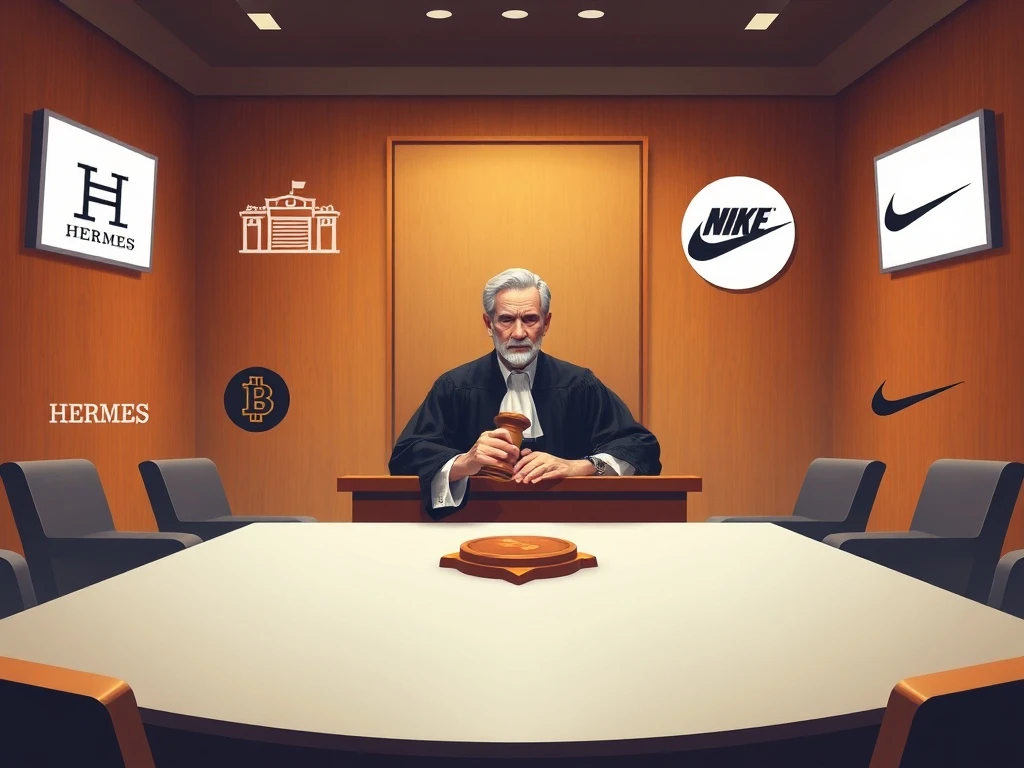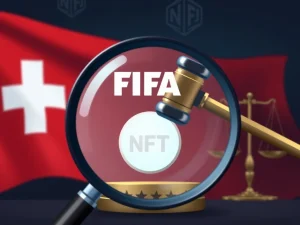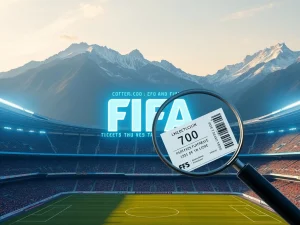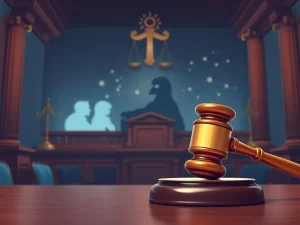NFT Trademark Disputes Challenge Legal Boundaries in Global Courts

NFT trademark disputes are heating up as global courts struggle to apply traditional intellectual property laws to digital assets. Brands like Hermès and Nike are fighting to protect their identities in the metaverse, while NFT creators push for artistic freedom. Who will win?
How NFT Trademark Disputes Are Testing Legal Boundaries
NFTs are blurring the lines between art, commerce, and intellectual property. Courts worldwide are grappling with key questions:
- When does an NFT infringe on a trademark?
- Can digital assets be considered legitimate products or artistic expressions?
- How do you prevent consumer confusion in decentralized markets?
High-Profile Cases Shaping NFT Trademark Law
Several landmark cases are setting precedents:
| Case | Outcome | Impact |
|---|---|---|
| Hermès vs. MetaBirkins | Ruled for Hermès | NFTs can mislead consumers |
| Nike vs. StockX | Partial Nike win | Counterfeits apply to NFTs |
| Yuga Labs vs. Ryder Ripps | Appeal reversed | NFTs are “goods” |
Global Approaches to NFT Trademark Regulation
Countries are taking different stances:
- EU: Updated trademark rules to include virtual goods
- China: Recognizes NFTs as protected digital property
- U.S.: Applying existing frameworks case-by-case
What Brands Need to Know About NFT Trademarks
To protect your brand in the digital world:
- Register trademarks for virtual goods
- Monitor NFT marketplaces for infringements
- Understand the “likelihood of confusion” standard
The battle for digital identity is just beginning. As physical and virtual worlds merge, these early NFT trademark disputes will shape how brands operate in the metaverse for decades to come.
Frequently Asked Questions
Can NFTs be trademarked?
Yes, but requirements vary by jurisdiction. The EU requires specific descriptions like “virtual clothing,” while the U.S. applies traditional trademark tests.
What was the Hermès MetaBirkins case about?
Artist Mason Rothschild created NFT versions of Hermès’ Birkin bags. Courts ruled these caused consumer confusion and weren’t protected artistic expression.
How are countries regulating NFT trademarks?
Approaches differ – some update laws to include digital goods, others apply existing frameworks, and a few have no clear rules yet.
What should brands do to protect against NFT infringement?
Register trademarks for digital goods, monitor marketplaces, and take legal action against clear infringements that could confuse consumers.








